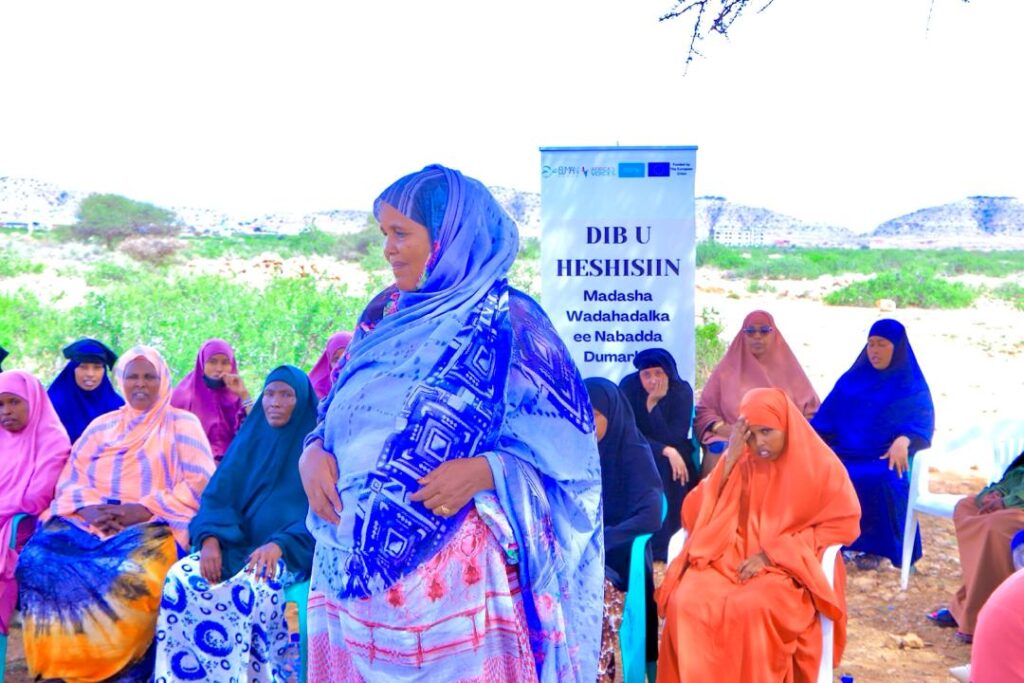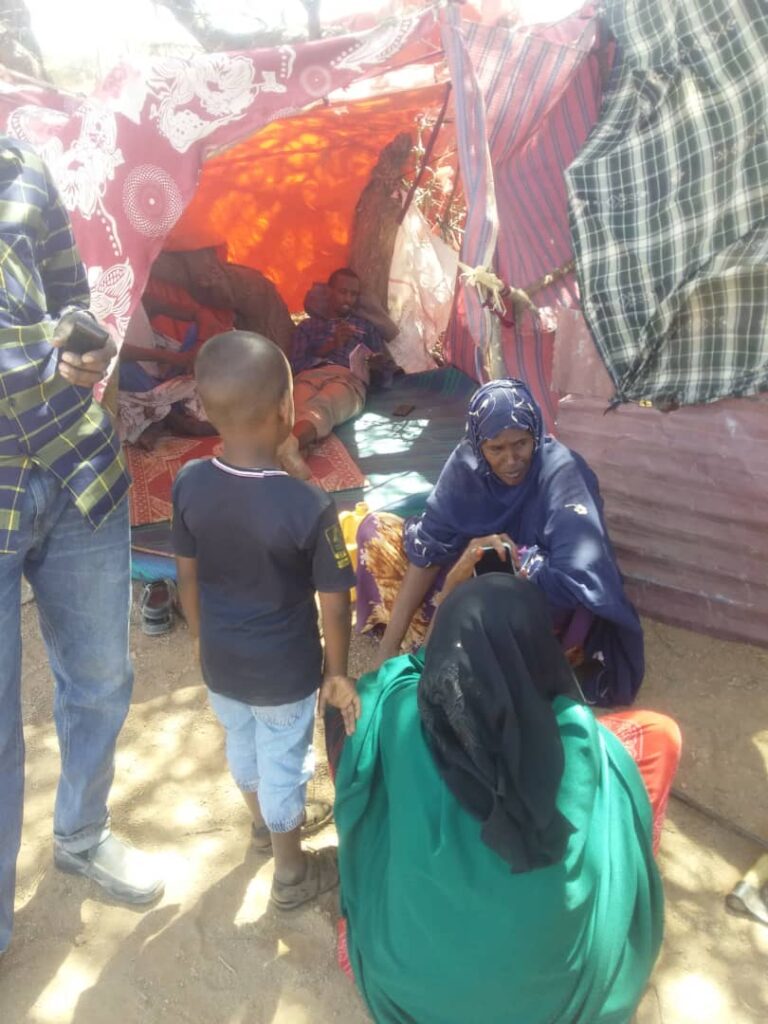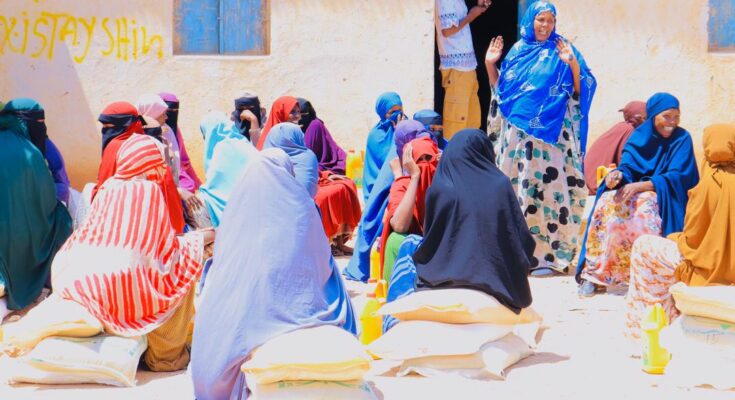Peacebuilding, Support for Marginalized Groups, and Essential Aid”
Humanitarian activities aimed at supporting vulnerable populations and fostering peace play a crucial role in addressing the challenges faced by those affected by conflict, poverty, and other crises. Here’s a more detailed explanation of each activity:
1. Peacebuilding

Peacebuilding involves efforts to prevent or end conflict and establish lasting peace in communities affected by violence. This can include:
- Mediation and dialogue: Bringing together conflicting parties to resolve disputes.
- Community reconciliation: Encouraging understanding and forgiveness among groups that have been divided by conflict.
- Institution building: Strengthening local governance, legal systems, and institutions to maintain peace and security.
Peacebuilding initiatives are essential in areas recovering from war or civil strife, where tensions may still be high and violence could erupt again without proper interventions.
2. Helping Marginalized People

Marginalized people are individuals or groups excluded from mainstream society due to factors like poverty, race, gender, disability, or political status. Humanitarian work in this area includes:
- Advocacy for rights: Ensuring marginalized groups have access to their legal and human rights.
- Access to services: Providing education, healthcare, and social services that these groups might otherwise be denied.
- Economic empowerment: Creating opportunities for employment and skills training to improve their livelihoods.
Supporting marginalized communities helps reduce inequalities and ensures that no one is left behind in the development process.
3. Providing Shelter

Shelter is a basic human need, especially for people displaced by conflicts, natural disasters, or economic hardships. Humanitarian organizations focus on:
- Temporary housing: Providing tents, temporary homes, or communal shelters for people who have lost their homes.
- Transitional and permanent housing: Helping displaced families return home or find long-term housing solutions.
- Safe spaces: Ensuring the shelters are secure and protect vulnerable groups such as women, children, and the elderly from harm.
Adequate shelter is critical for providing safety, privacy, and dignity to individuals who have lost their homes.
4. Food Distribution

Many humanitarian crises involve severe food shortages, leaving people at risk of malnutrition or starvation. Key activities include:
- Emergency food aid: Distributing food in areas where access to food is limited, such as refugee camps or disaster zones.
- Nutrition programs: Providing specialized food to malnourished children, pregnant women, and the elderly.
- Sustainable agriculture programs: Helping communities grow their own food through farming assistance and education on agricultural practices.
Ensuring access to food is fundamental for survival and recovery from humanitarian crises.
5. Cash Voucher Assistance

Cash and voucher programs provide financial aid to those in need, allowing them to purchase essential goods and services. This approach:
- Empowers recipients: Giving people the freedom to choose what they need most, whether it’s food, clothing, medicine, or shelter.
- Supports local economies: Encouraging people to buy from local markets, which helps revitalize communities.
- Increases dignity: Cash assistance provides more dignity compared to traditional handouts because people can make decisions for themselves.
Cash-based interventions are increasingly popular in humanitarian responses because they are flexible and can address multiple needs at once.
Why These Activities Matter
Together, these activities address the immediate needs of people in crisis while also laying the groundwork for long-term recovery and development. Humanitarian efforts to provide shelter, food, and cash vouchers help people survive in the short term, while peacebuilding and support for marginalized groups contribute to sustainable peace and social justice in the long run.



